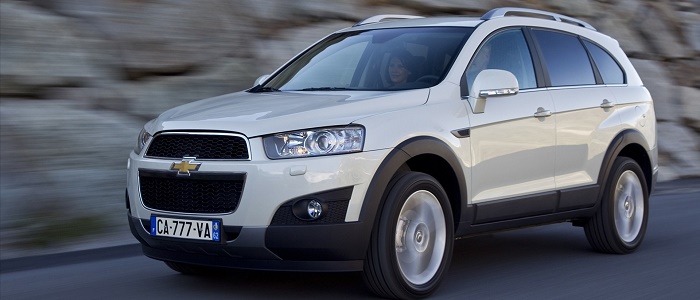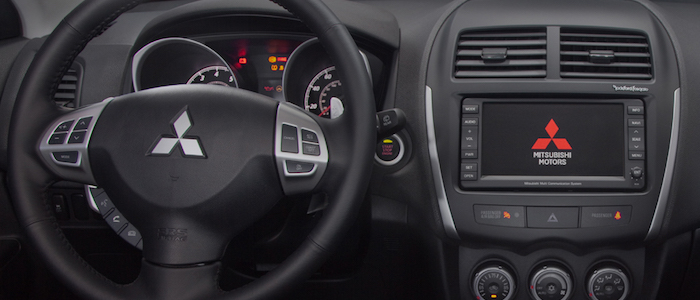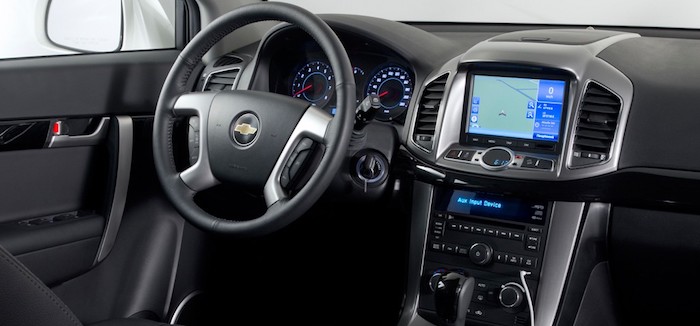Compare two cars
Compare any two cars and get our Virtual Adviser™ opinion
Marketing
Dimensons & Outlines
Engine
2.4 LAF Ecotec
Performance (manual gearbox)
Performance (automatic gearbox)
Expenses
Virtual Adviser's™ opinion
Well, these are two pretty similar cars we have here! It's only details that could potentially make the difference. Considering they both belong to the suv segment and utilize the same 5-door suv body style and the 4 x 4 wheel drive system, it all comes up to the specific petrol engine choice they offer. The first one has a Mitsubishi-engineered powertrain under the hood, a 4-cylinder, 16-valves 170hp unit, while the other one gets its power and torque from a 4-cylinder, 16-valves 167hp engine designed by General Motors.
SafetyBoth vehicles got tested by European New Car Assessment Programme (Euro NCAP), with the Chevrolet being a slightly better choice apparently. Moving further on, let's take a closer look at some additional safety-related facts. Both vehicles belong to the suv segment, which is generally a very good thing safety-wise, but it doesn't do much to help us decide between the two. On the other hand, when it comes to weight, a factor that most people underestimate, the American car offers a considerable difference of 17% more metal.
ReliabilityReliability is not the best thing to consider on the make level, but it is worth mentioning that Chevrolet does have a slight advantage, at least on all of the models level. These are the results of an independent reasearch, while our visitors describe reliability of Mitsubishi with an average rating of 4.6, and models under the Chevrolet badge with 4.2 out of 5. Some independent research have also placed Outlander as average reliability-wise, and Captiva is more or less at the same level.We should definitely mention that owners of cars with the same powertrain as the Japanese car rank it on average as 5.0, while the one under the competitor's bonnet gets 2.0 out of 5.
Performance & Fuel economyMitsubishi is a bit more agile, reaching 100km/h in 0.7 seconds less than its competitor. In addition to that it accelerates all the way to 190 kilometers per hour, 3km/h more than the other car. When it comes to fuel economy things look pretty much the same for both cars, averaging around 9.3 liters of fuel per 100 kilometers (31 mpg), in combined cycle.
Verdict
Mitsubishi is apparently more reliable, not too much, but just enough. The most important thing when deciding between any two vehicles should always be safety, both passive and active. In my opinion, everything taken into account, the American car beats the other contender by far, making it the best choice without even considering other things. From there things take a different direction, with Mitsubishi offering somewhat better performance, just enough to call it quicker. To make things even better, it consumps less fuel! At the end, as much as I'd like to give you a winner here, it's simply a pure tie if you ask me. In any case that's my personal view, built upon all the data available to me. What should decide here though is the way you feel about the two vehicles, and I hope you'll find my guidelines useful in the process. I suggest you spend two more minutes in order to find out which car, based on your needs and budget, would be picked by the virtual adviser™, among thousands of similar, yet so different vehicles.
































